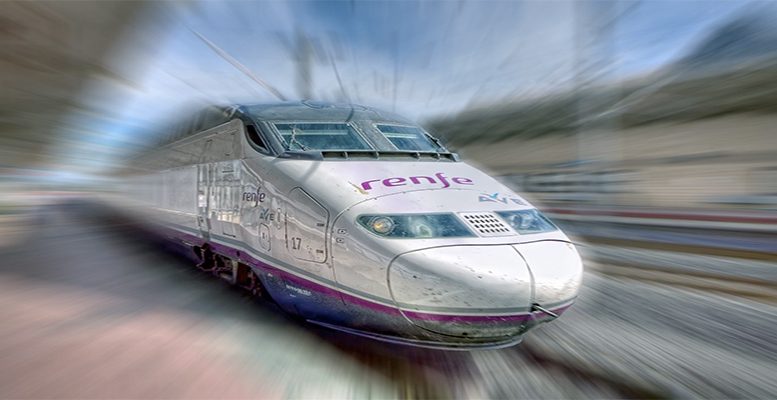José Alves (Capital Madrid) | France is experiencing a historic moment in its rail industry: the beginning of the end of the national public service monopoly for passenger transport. Since the nationalisation of the network (1937) this has been in the hands of the state-owned SNCF. The government had announced this, as required by the EU, but it will be another three and a half years before the decision taken by the Provence-Alpes-Cote d’Azur region (PACA), the first to sign up, becomes a reality. Only from July 2025 will Transdev, with 66% French capital (Caisse des Dépôts) and 34% German (Rethmann), be able to make it effective.
On that date, third parties will be able to operate the lucrative Marseille-Toulon-Nice coastal line, accounting for 10% of regional passenger traffic. The contract will run for ten years at an estimated cost of 670 million euros.
Within the scope of the same tender awarded by the local authority, PACA, the state-owned transport company was also a winner. In other words, it will be able to continue operating three other regional lines for another ten years, with a higher volume of traffic (23%) but less attractive as they cover the interior of the region; the estimated cost of the contract will be around 1.5 billion euros; and SNCF will have to meet new commitments, such as doubling the current capacity of the line and improving the quality of the service.
What is certain is that this first tender awarded will be followed by many others. Not all at once, but in dribs and drabs.
Half a dozen other regions have also made progress in the opening up of their respective networks to competition, but none before 2023. So they will be able to weigh up the success recorded by PACA (Transdev had to outbid Arriva and Thello, subsidiaries of Deutsche Banh and Trenitalia respectively). But also the first rebuff by the State, in relation to two TET lines (Nantes-Bordeaux and Nantes-Lyon), for which the tender was declared void.
According to sector analysts, the next tenders to open up competition for regional lines will be launched in the Grand Est (Alsace, Lorraine, Ardenne…), Hauts-de-France (Nord), Pays de la Loire (Grand Ouest) and above all in the historic region of Ile de France. Despite representing only 2.2% of the country, it accounts for almost 20% of the French population.
In fact, Ile de France is SNCF’s main source of revenue, some 12 billion euros, almost a third of its annual turnover of 30 billion, and the opening of TER, TET, suburban trains… just from 2023, will take more than a decade.
The French state-owned operator will not lack political and trade union support to delay as long as possible the free entry of new national and international operators, which according to Brussels should be completed by 2039. The same will happen with the High Speed operation: although it has been liberalised since December 2020, the French authorities in the sector are putting all kinds of obstacles in the way of SNCF’s potential competitors.
Good proof of this is what is happening to Renfe. It has not found in France the same facilities that SNCF had entering Spain in the high speed segment, with the double-decker Alstom of its “low cost” subsidiary Ouigo. That said, it provoked a war of prices, frequencies and quality of services… much appreciated by the users. Covid 19 was largely to blame for the postponement of the Lyon-Marseille and Lyon-Montpellier operations (now announced for end-year, with five daily services). However, Renfe is now denouncing the obstacles with which SNCF and the Gallic authorities are slowing down the arrival of its AVE to Paris.
Renfe is demanding the strict application of reciprocity rules, with respect to Ouigo’s operation in Spain, as well as a clarification of the rules of the game (the main objective of its international expansion). In addition, technical support and network availability to carry out its tests and free access to information related to the homologation of trains and signalling systems. Also, if needed, the alternative solutions required for its trains to reach Paris from Lyon, which is clearly one of the most profitable French lines, in the same way as the Madrid-Barcelona AVE.





